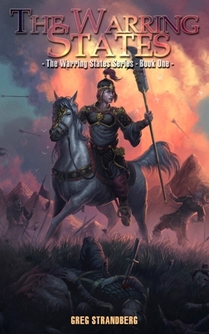
Why did I figure that? I don’t really know, other than the fact that I was living in the country at the time. Also, I’d given some lessons on ancient Chinese history to a student whose parents wanted him to learn the stuff in English.
After preparing those lessons on the Warring States period of ancient Chinese history I kept thinking about the people and places I’d researched. It seemed clear that writing a novel about the time would be interesting, so I set about making up some detailed outlines and then got to work.
The Warring States starts off around 400 BC and opens on the city of Zhongshan. For the past three years the army of the State of Wei has been laying siege to the city, the last stronghold that will topple the small kingdom and bring it under their control.
The State of Wei is one of the leading states in the seven-state empire known as ancient China. At that time the Zhou Dyansty was nearly at an end, and their inability to rule allowed these seven disparate vassal states to rise up and fight for control of the country.
This first book in the ongoing Warring States series follows the family of Wei. There’s Marquis Wen of Wei, his son Wu, and his grandson Hui. It’s politics, which back 2500 years ago was a lot more bloody than it is are today.
Marquis Wen’s lifelong desire has been for Wei to be recognized as one of the legendary Three Jins, a title that will show the other states that he’s one of the top dogs. And with war looming, everyone knows that position, or at least the appearance of such, is critically important in gaining allies and eventually creating a new dynasty. Eventually those allies would have to be defeated one by, ensuring that family was all that could be trusted, and perhaps not even that.
It’s not all dusty cloakrooms and backstabbing, however – there’s also chariots.
Yeah…chariots, those mythical contraptions that served as the predecessor to the car and then just up and disappeared along with the Roman Empire, and much of Western civilization, around 500 AD. These puppies could move, and there are several battle scenes where they play a prominent part.
But there’s one more scene, perhaps one of the most memorable of the book. Here we see a chariot doing something a little different, as you’ll see in this excerpt:
Excerpt
“Perhaps I will be in a similar position one day,” Wen said quietly to Wu.
“Each man has his fate, Wen,” Wu replied. “Wei cannot remain strong forever.”
Wen nodded in silence at Wu’s words before he walked toward Yue and the chariot, nodding to the men around him so they’d begin walking toward the crowd of soldiers on the edge of the circle.
“Ready?” Wen asked as he directed Yue to the chariot.
“I’ve been waiting for this chance since my son was killed,” Yue said.
Wen nodded. “I know.”
Both men stepped onto the chariot and Yue took the reins in his hands and steered the horse to the edge of the circle then turned it around so that the chariot was once again facing Duke Wu, his head barely visible above the hard-packed ground around him. Marquis Wen reached into his robes and pulled out the red cloth that Ximen had given back to him earlier that morning and tied it around Yue’s head, making it tight and secure without even a hint of light allowed to pass through. When he was satisfied he took the reins of the chariot from Yue and slapped the horses hard. The animal jerked at the sudden hit and the roar of the crowd that erupted. Wen steered the chariot within a foot of the cheering men, making three complete circuits of the circle before returning to the same spot and pointing the chariot at Duke Wu, buried twenty-five yards away.
“It is up to you now, general,” Wen said as he handed Yue the reins and hopped off the back of the chariot before slowly walking to where his advisors, son, and grandson were standing.
A hush fell over the throng of soldiers and all eyes went to Yue blindfolded in the chariot. Several minutes went by, and many of the soldiers closest to Yue thought they saw the general’s lips move, perhaps in a silent prayer to Shangdi for success. Then, with a loud cry Yue rose up his hands and cracked the reins hard on the horse and the chariot rushed forward toward Duke Wu. A great cheer went up from the crowd, building in pitch the closer Yue got to the buried duke. Duke Wu for his part remained passive and silent, his mouth firmly shut and his eyes showing neither fear or worry as the chariot drew closer behind him.
The cheer built to a crescendo as Yue thundered toward Wu, then died down to a disappointed groan as Yue and the chariot harmlessly passed the duke by a distance of several feet. Yue heard the crowd and drew up the reins, slowing the horse and chariot and turning it around as he neared the edge of the crowd opposite from where he’d started. Several of the soldiers near him shouted out directions and he steered the chariot as best he could, aligning it to point at the Duke according to their words.
The soldiers’ murmurs began to rise again as they saw that Yue was readying to make his second pass, then grew into wild cheering as the general cracked the reins once again. The horse neighed loudly and was off, the soldiers cheer rising to build higher and higher as Yue approached the duke. Wu’s eyes grew large, for he could see the chariot coming straight at him this time, but he clenched his jaw tightly, refusing to give Yue and Wen the pleasure of seeing or hearing him cry out.
The pitch of the soldier’s cheering cry rose to its utmost limit as Yue cracked the reins across the horse’s back again and again to build up speed. Then the cheers suddenly turned into a loud groaning gasp as the chariot’s right wheel passed just inches from Wu’s head. Yue was moving with such speed and force and had been expecting the feel of Wu’s head beneath his chariot that he didn’t at first slow the chariot when the cry of despair rose from the soldiers. By the time he realized his mistake it was too late; the chariot plowed into the front rows of soldiers, knocking many to the ground and wounding several.
The crowd began to grow unruly and some of them even tried to start fighting in their frustration over the near miss. Zhai rushed out into the circle and raised his arms over his head trying to return order to the ranks.
“One more pass!” he yelled out at the soldiers, reminding them that it wasn’t yet over.
The soldiers quieted down and the higher-ranking men in the crowd restored order to those nearest them as Zhai went back to stand next to Marquis Wen.
“Not a good sign, what just happened there,” Wen said quietly as Zhai reached him.
“He’ll finish it on the third pass,” Zhai said as he resumed his position next to Marquis Wen.
Wen said nothing as he stared at Yue. With the aid of several of the soldiers the chariot managed to back out of the crowd and Yue got it turned around and pointed toward Wu. Bright red blood now marred the front wooden frame and it seemed that Yue was shaken, whether by the near miss or the incident with the crowd, Wen couldn’t tell. It was several minutes before the crowd fell silent once again and Yue readied the chariot for another pass.
With a loud crack that could be heard all through the crowd, Yue lashed the reins against the horse and the chariot jerked into motion for the final time. The crowd stood still and silent, but as Yue approached the duke on a straight path their cheer began to rise once again. It would be close, all who watched could tell, but if Wu was struck it would be by the left tire this time, which was on a straight line toward his head. Wu saw that this pass would be the one, and he closed his eyes and offered a silent prayer to Shangdi.

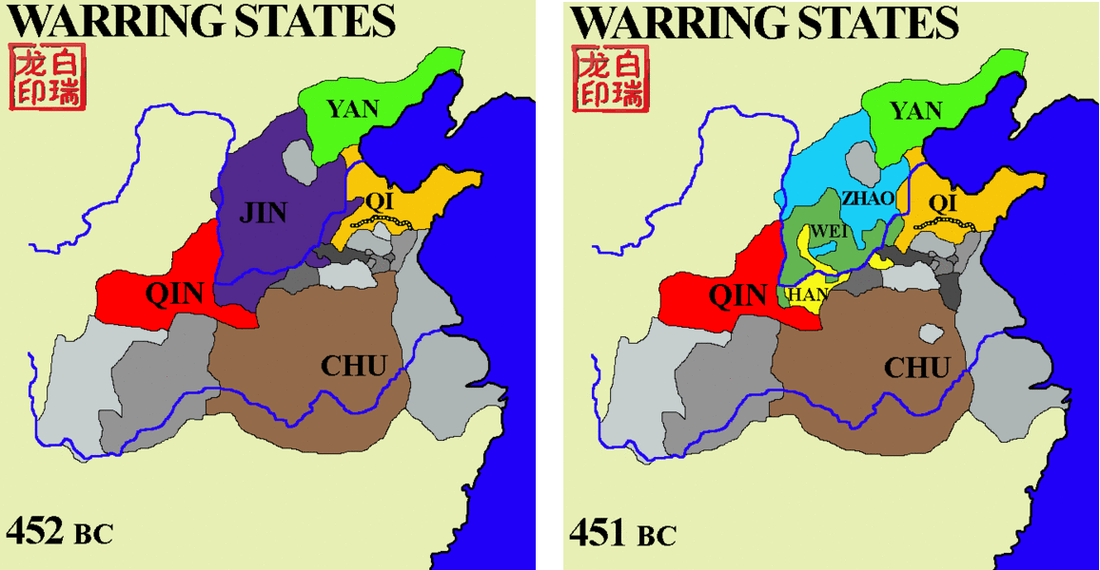
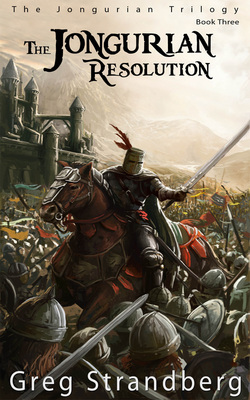
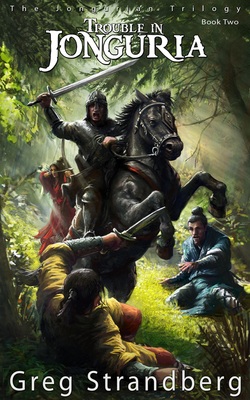

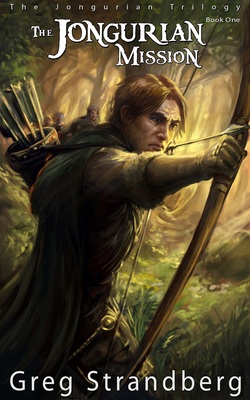
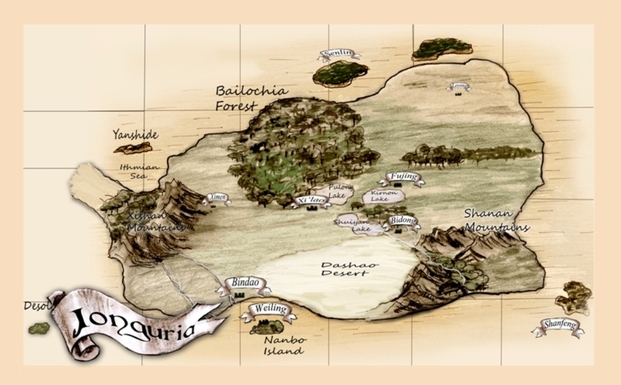
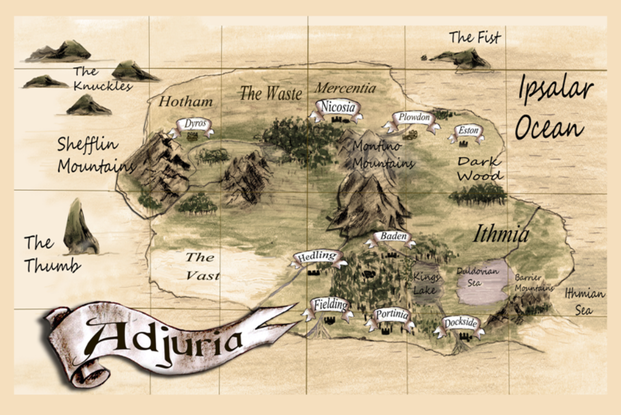
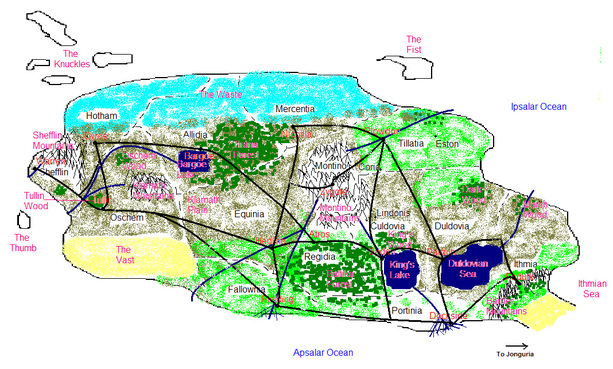
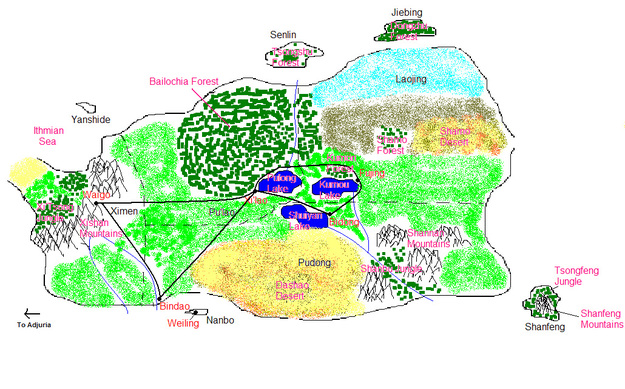
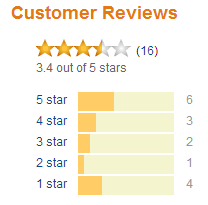
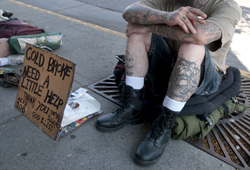




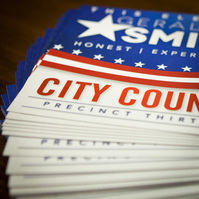


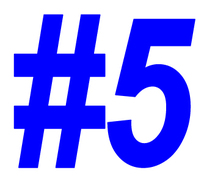
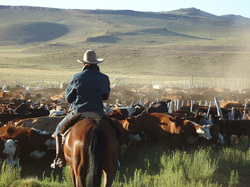
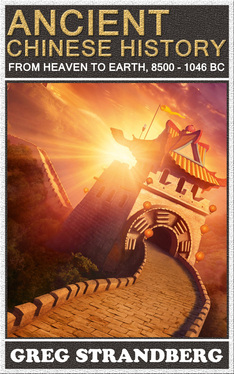
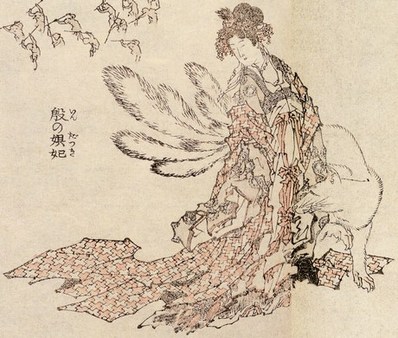
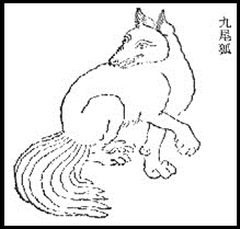


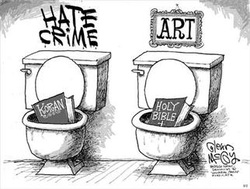

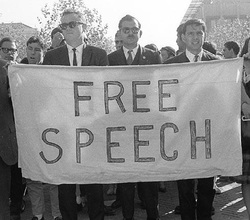
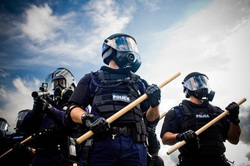
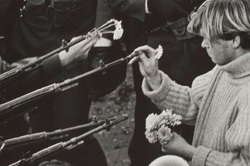

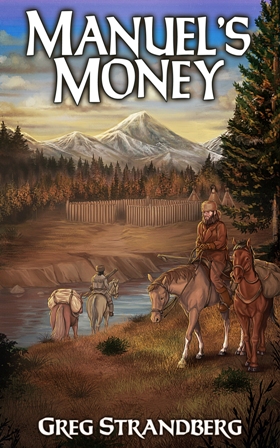
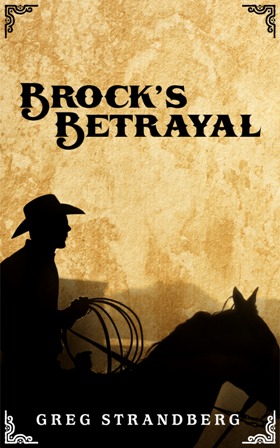
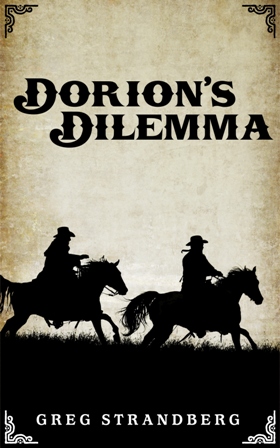
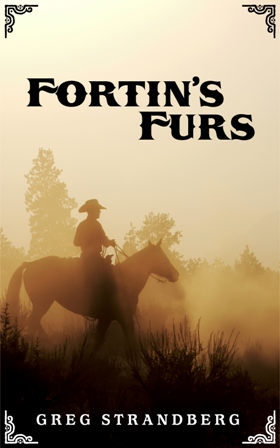
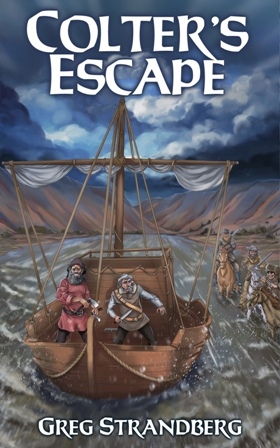
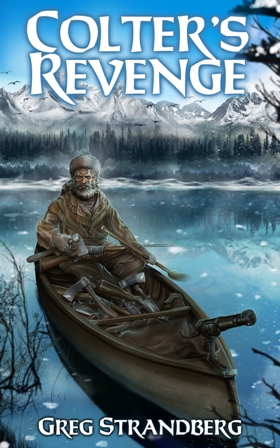
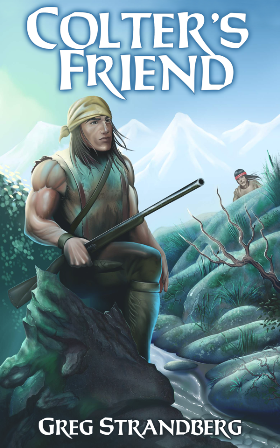
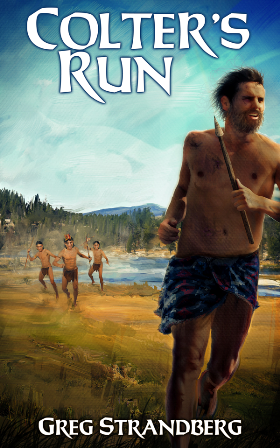
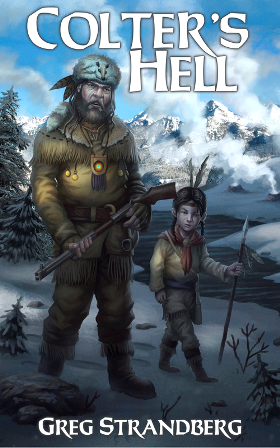
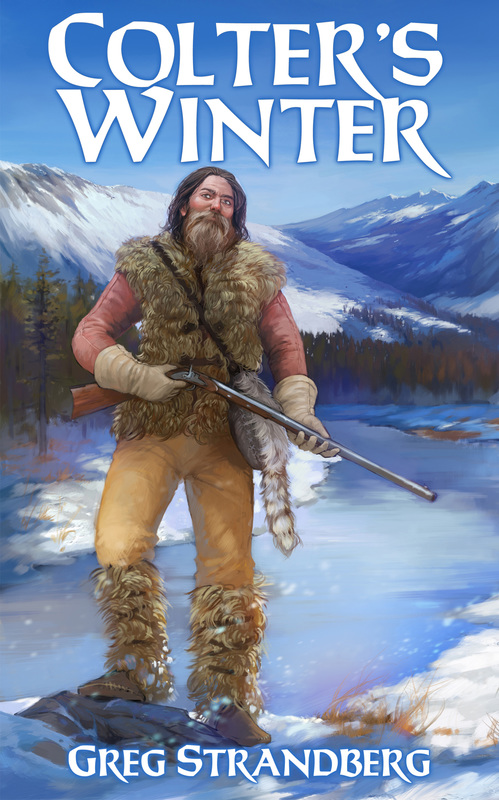
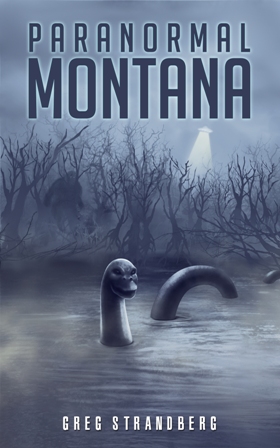
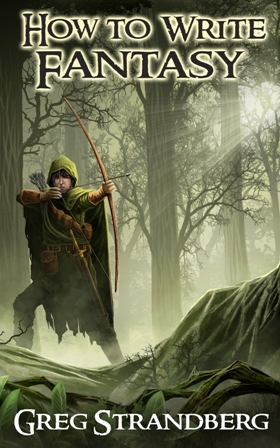
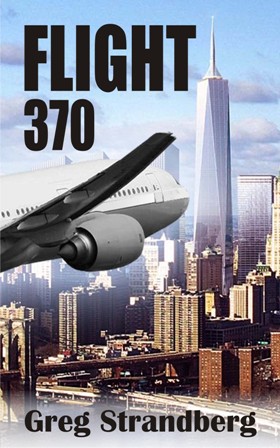
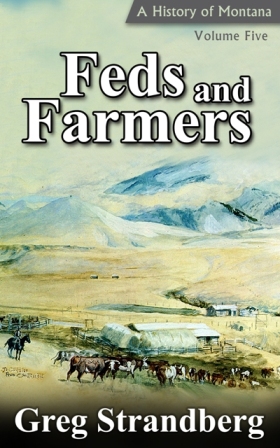
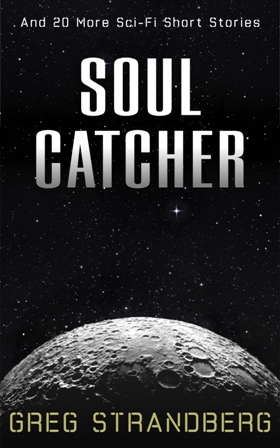



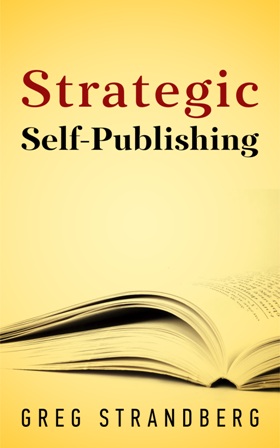
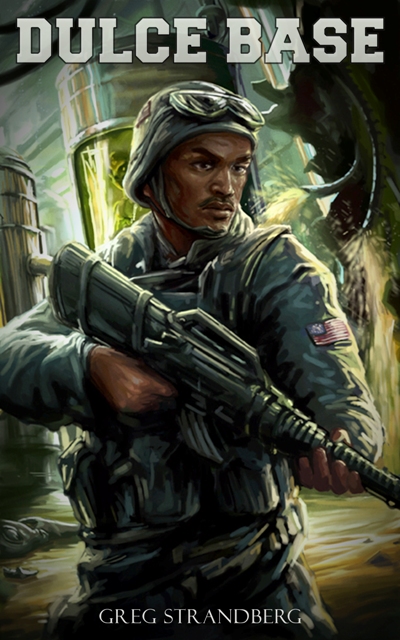
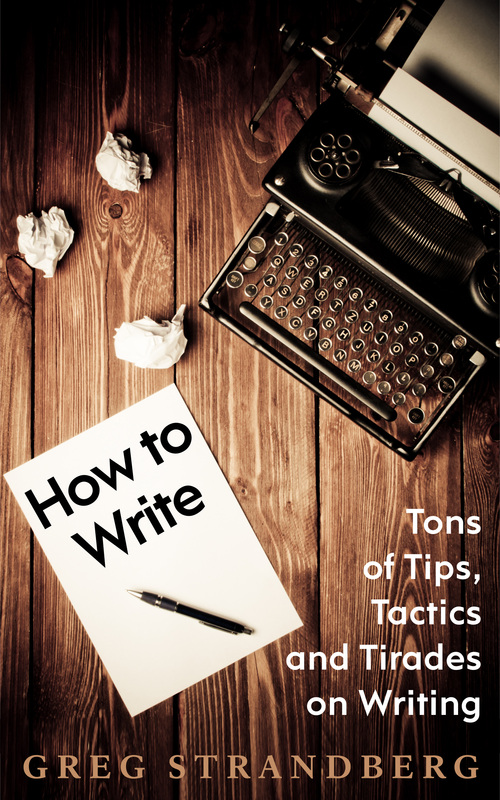

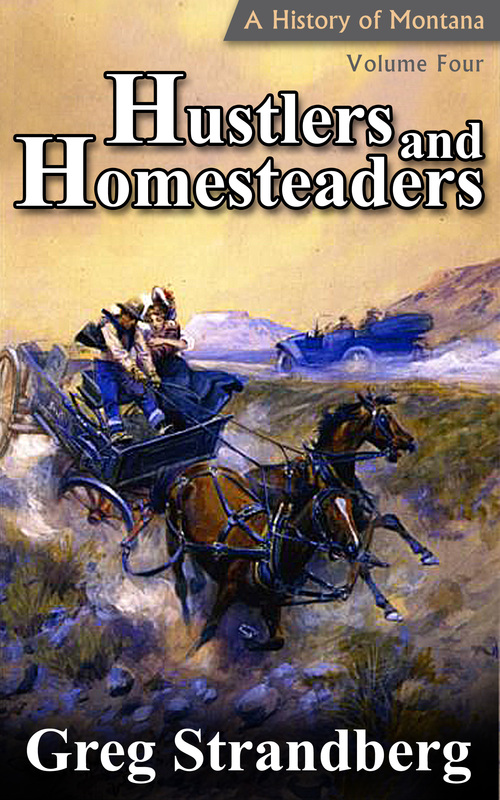



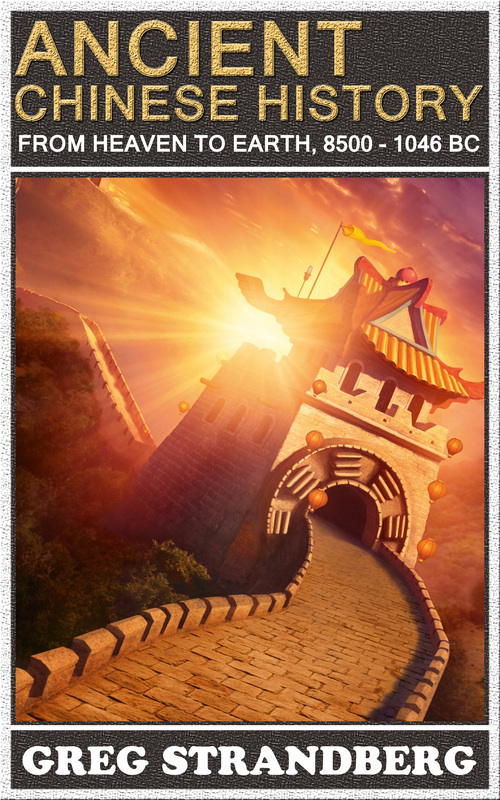
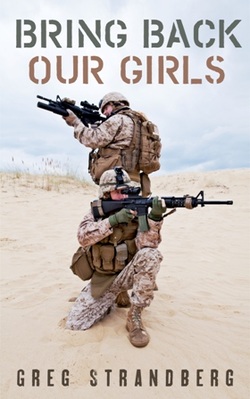
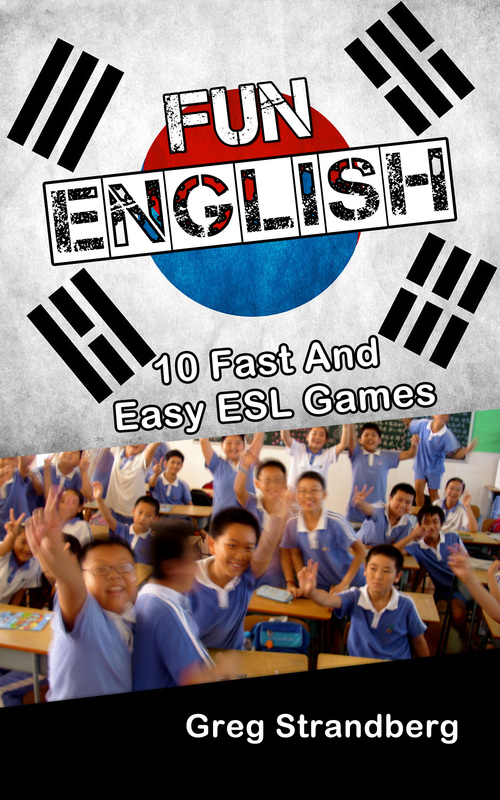

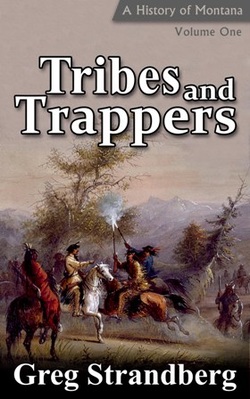
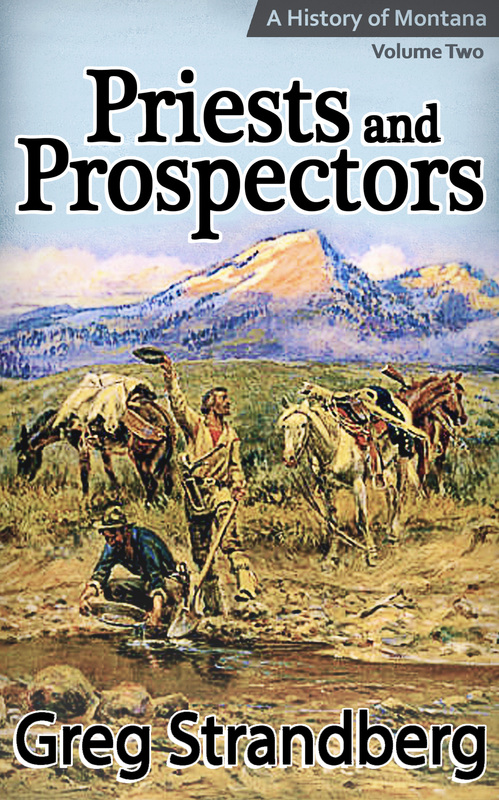
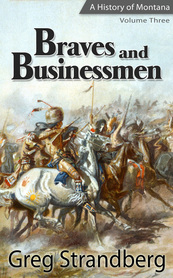
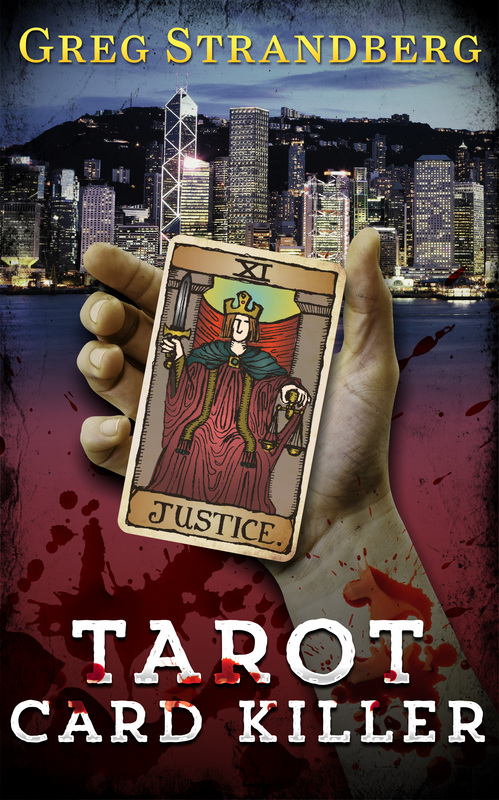
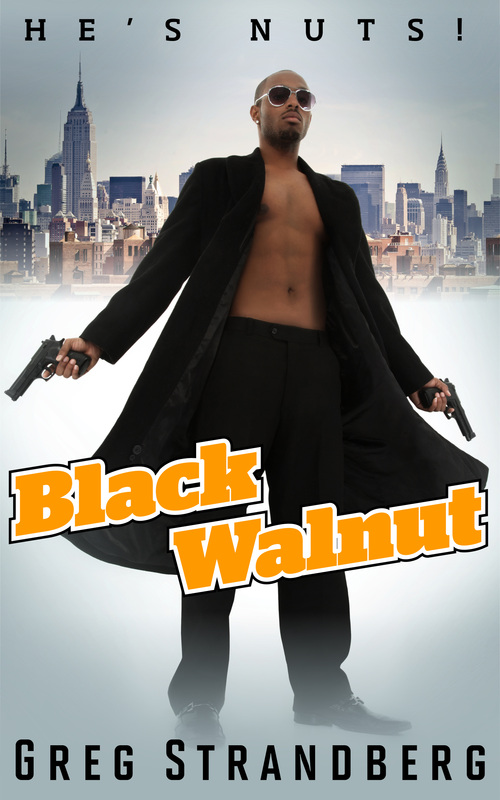

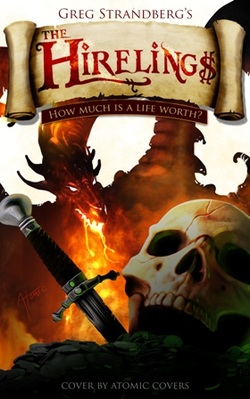

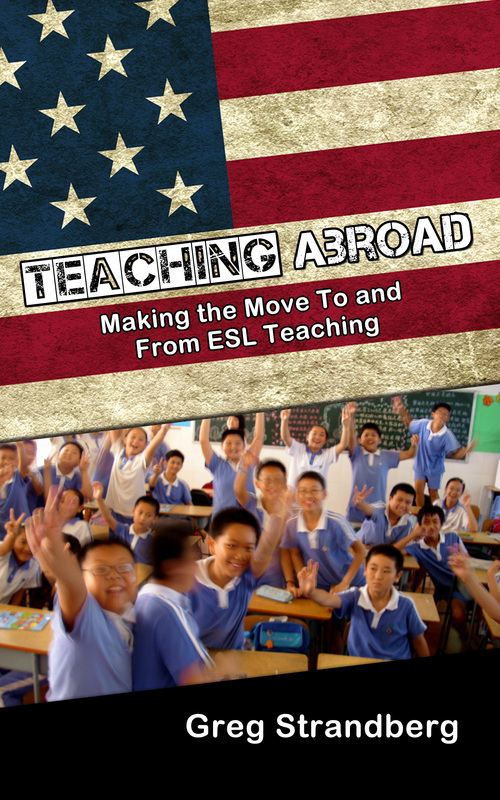


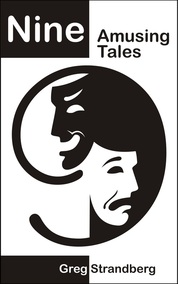
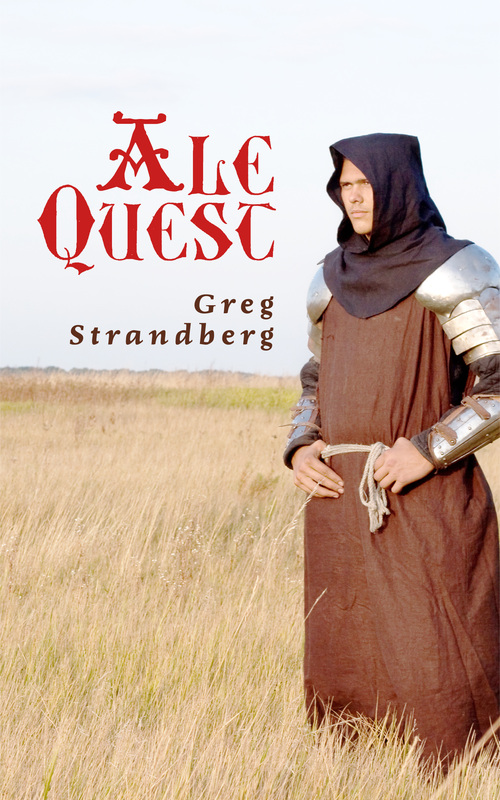

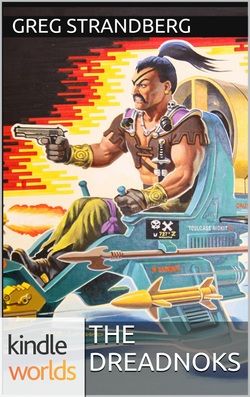
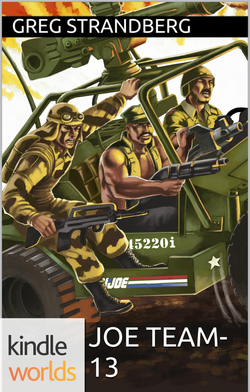
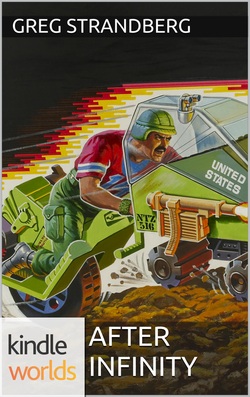
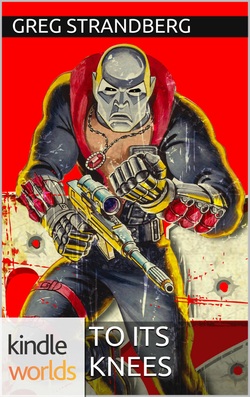
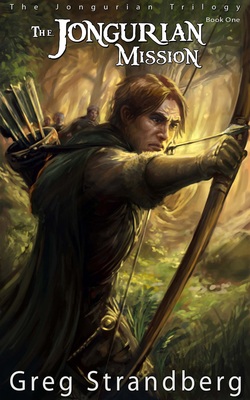
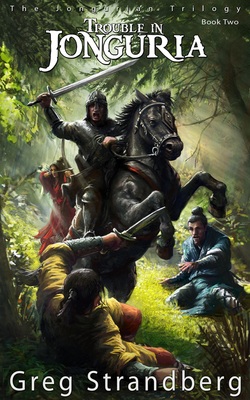
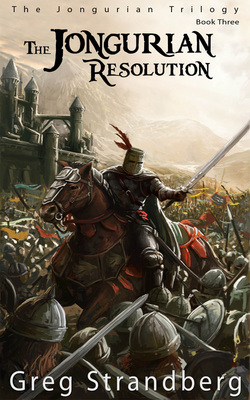
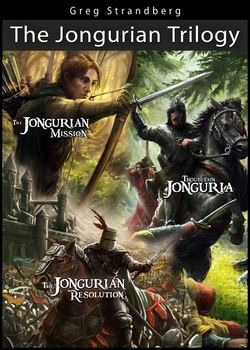
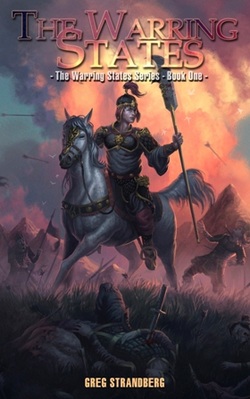
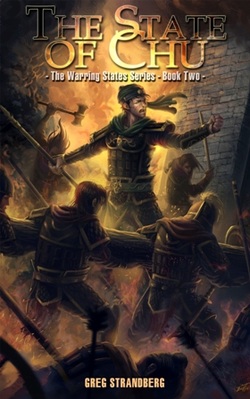
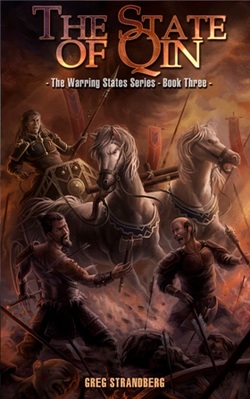
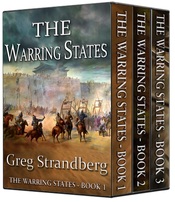
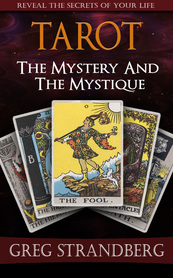
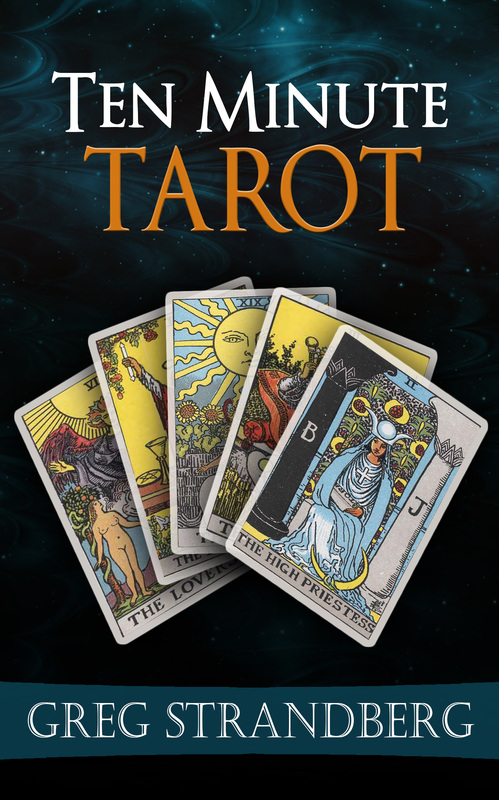
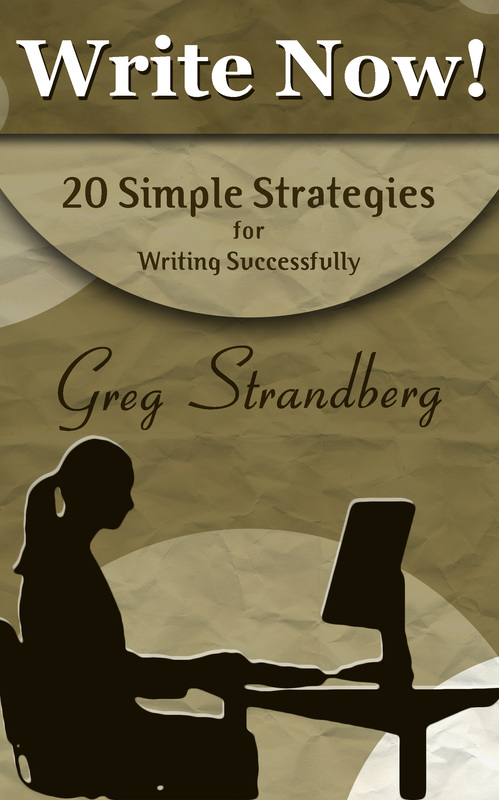


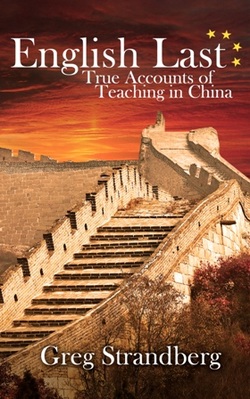








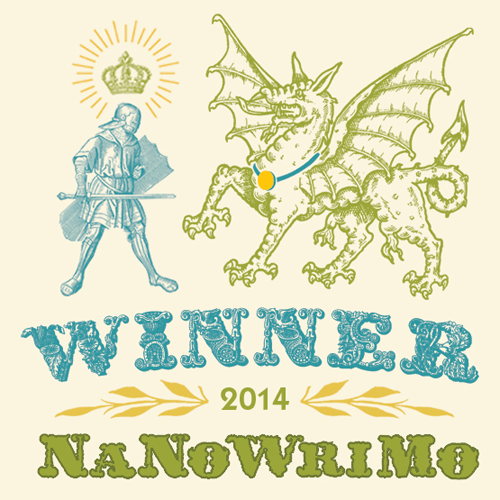

 RSS Feed
RSS Feed